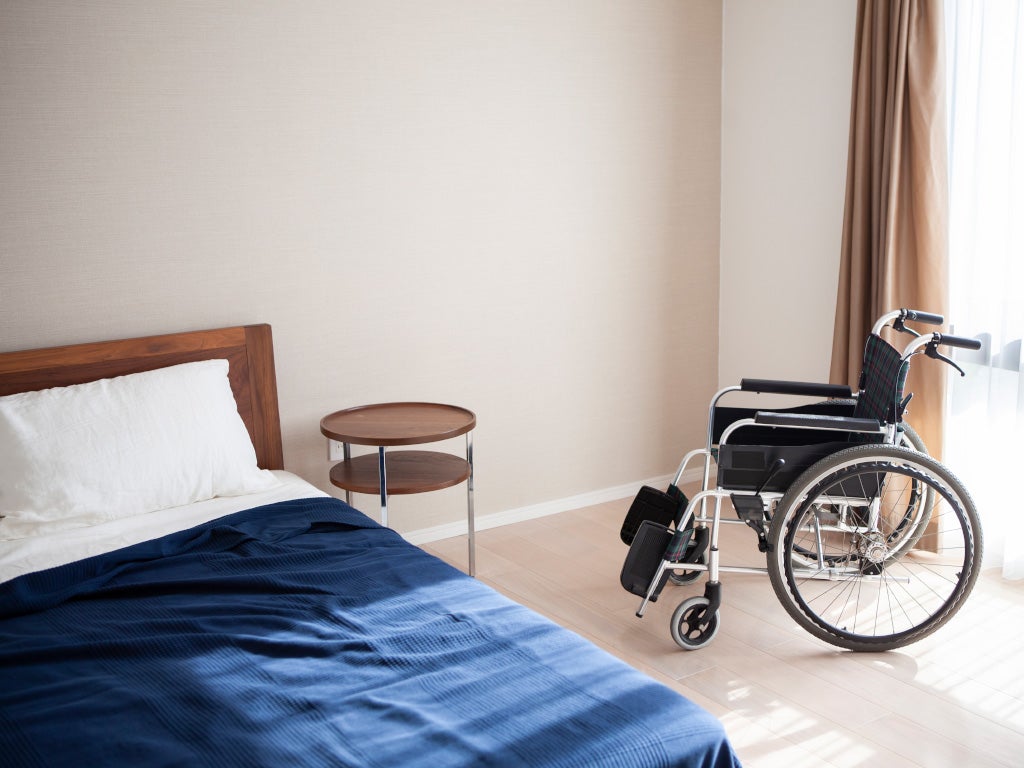
Tribunal finds GP’s professional isolation contributed to ‘grossly inappropriate’ prescribing in end-of-life care
Professional isolation can put practitioners in a risky situation. They may fail to recognise that they are practising outside accepted standards or that their objectivity has become compromised, as a case involving end- of-life care illustrates.
Monday, 25 September 2023
Key messages from the case
Professional isolation can put practitioners in a risky situation. They may fail to recognise that they are practising outside accepted standards or that their objectivity has become compromised, as a case involving end-of-life care illustrates.
Details of the decision
End-of-life prescribing
Dr S was a GP practising primarily in aged care. She was responsible for the care of approximately 300 patients in five suburban nursing homes.
A patient’s family complained to the aged care provider about Dr S’s end-of-life care and an investigation and pharmacy review raised concerns that she was prescribing significantly outside therapeutic guidelines.
The complaint was referred to the medical regulator and the Coroner.
At the subsequent tribunal hearing, Dr S’s care of 14 patients was questioned.
Expert opinion concluded that Dr S’s decision to commence end-of-life palliation was appropriate in each case they reviewed, but the experts were critical of the high doses of medication she was prescribing, including opioids and benzodiazepines and anti-psychotics.
Experts considered her prescribing in some cases was unnecessarily pre-empting a patient’s potential decline or terminal agitation, based on the patient’s clinical presentation at the time. In other cases, Dr S apparently misread reactions to high doses of medication as terminal symptoms and increased or failed to reduce the dosage.
They considered her prescribing to be significantly below the expected standard.
At the tribunal, Dr S claimed to have made errors in dose titration that were not picked up by the nursing or pharmacy staff. The tribunal considered it ‘inherently unbelievable’ that a practitioner of Dr S’s experience would not have realised her doses far exceeded recognised standards. She clearly took no steps to check MIMS or other relevant publications.
The tribunal accepted that Dr S was motivated by concern for patients and concluded she had been influenced, possibly unconsciously, by her close relationships with several of the patients and their families.
The tribunal found, and Dr S conceded, that her prescribing for her very vulnerable patients was grossly inappropriate and significantly outside accepted standards. It concluded she held idiosyncratic views and had become isolated from her professional peers – particularly those working in end-of-life care.
Medical records
Experts were also critical of Dr S’s clinical record-keeping. In particular, she had added or changed medications without documenting her clinical reasoning.
At the tribunal, Dr S conceded that her records were deficient. She claimed that as she was the only doctor treating these palliative care patients, she did not believe anyone else would need to rely on her notes to take over care of the patients.
The tribunal also criticised the lack of documentation of her clinical decision-making.
Outcome
The tribunal found Dr S’s conduct constituted unprofessional conduct and professional misconduct.
Although accepting Dr S had expressed remorse and was unlikely to make the same prescribing errors, the tribunal was concerned she remained isolated.
Dr S was reprimanded, and her registration suspended for 6 months.
Conditions imposed included supervision, practice audits and a ban on possessing, supplying, administering or prescribing S8s or midazolam.
The tribunal considered that cancellation of Dr S’s registration was not warranted, considering her insight and concessions, her compliance with conditions imposed to date and her devoted care for her patients.
Dr S was ordered to pay the regulator’s legal costs.
Key lessons
Only prescribe where you are satisfied the medication and dose is appropriate and in the best interests of the patient.
When prescribing any medications always keep careful records to explain your clinical reasoning and include enough information to allow another doctor to identify the patient and take over their care.
Be careful not to become isolated. Make an effort to build a network of peers for professional support and to help ensure your practice is in line with commonly accepted standards.
Avoid treating anyone with whom you have a close personal relationship, except in an emergency. Also be alert to signs that your professional objectivity may have become compromised in relation to long-standing patients. Consider speaking to a colleague for objective advice. If it is not possible to refer the patient to another practitioner, document this and ensure you carefully document your treatment and your clinical reasoning.
References and further reading
Avant factsheet – Medical records: the essentials
Avant eLearning – Prescribing principles: Part one – general prescribing issues
More information
For medico-legal advice, please contact us here, or call 1800 128 268, 24/7 in emergencies.
The case discussed in this publication is based on a real case. Certain information has been de-identified to preserve privacy and confidentiality. The information in this article does not constitute legal advice or other professional advice and should not be relied upon as such. It is intended only to provide a summary and general overview on matters of interest and it is not intended to be comprehensive. You should seek legal or other professional advice before acting or relying on any of its content.
More ways we can help you
Our CPD courses for Avant members
Tick off some CPD hours and learn more with our in-depth eLearning courses, free for Avant members. Our courses include education activities, reviewing performance and measuring outcomes.
Our collection on this topic
Explore more insights and resources about this topic, in different formats, from Avant and external resources.



